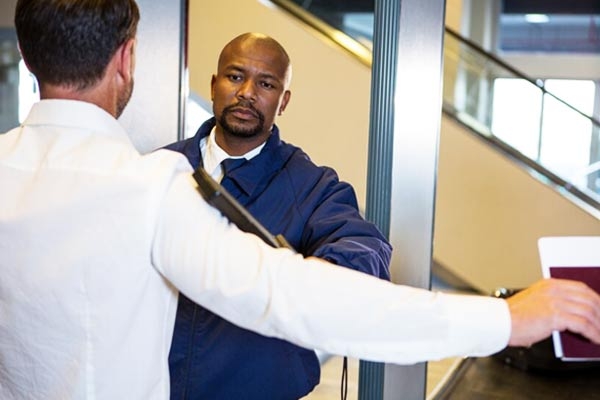US proposes plan to scrap additional security checks for Indians
June 28, 2024 12:47
(Image source from: Freepik.com)
As part of an effort to streamline international air travel, the US Transportation Security Administration (TSA) has proposed a "one-stop agreement" with India that would eliminate the need to re-screen passengers and luggage at transit points. At the India-US Aviation Summit in Washington, TSA Director David Pekoske highlighted the feasibility and benefits of the concept. The one-stop security concept simplifies the travel process as connecting flights in different countries do not require additional security checks for passengers and their checked baggage. “This concept facilitates the flow of passengers and luggage to their destination by eliminating double security checks at transit points,” explained Pekoske. Mr. Pekosuke highlighted the security benefits, noting that such an agreement would increase the safety of incoming flights to both countries. He said: “The continuation of this agreement requires regular exchange of information and improvement of security processes”.
A memorandum of understanding is required for the exchange of sensitive security information between the two countries. “We have categories of information that are not truly classified, but are so sensitive that they require additional protection,” Pekoske said. Pekoske examined the origins of the TSA and India's road safety measures and found that both measures resulted from tragic events. For India, it was the bombing of Air India Flight 182 in 1985 and for TSA, the terrorist attacks of September 11, 2001. “These tragic events marked a paradigm shift in the way we both think about road safety, and that continues until today,” he said. At the summit, US Aviation Secretary Michael Whittaker said: “Safety is a team sport. That is.” Mr. Whittaker emphasized the interconnectedness of the US and Indian aviation systems, which are part of a single global network. “We need to work together on security issues and share ideas and innovations, particularly on how we can safely bring some of these new technologies into our airspace,” he said.
The cooperation between the two countries aims to improve the overall safety of the global aviation system by sharing best practices and learning from each other. Whittaker emphasized the importance of proactive data analysis in accident prevention. "Our goal is to raise safety to a new level. This means we need to proactively analyze data to identify risks of disruption and mitigate those risks before they happen,” he added.






